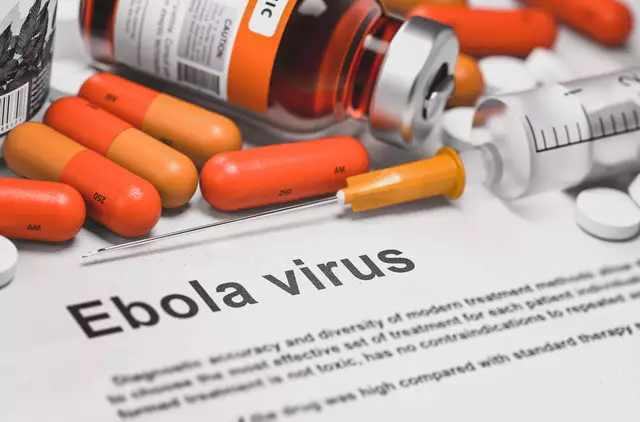Digestive issues: symptoms, quick fixes, and when to get help
Stomach pain, bloating, diarrhea or constipation — digestive issues can knock you out of your day fast. You don’t always need a clinic visit, but some signs mean you should act now. This page gives clear steps you can try at home, red flags to watch for, and short guides to relevant meds and treatments on eDrugstore.com.
First, match symptoms to likely causes. Sudden watery diarrhea and fever often point to an infection. Recurrent bloating, gas, and alternating constipation/diarrhea suggest IBS or food sensitivity. Bloody stools, unintentional weight loss, or persistent severe pain need urgent evaluation — they can signal inflammatory bowel disease (IBD) or other serious problems.
Quick, practical self-care
If symptoms are mild, try these simple steps: stay hydrated (sip electrolyte drinks if you have diarrhea), cut high-fat, spicy, and caffeine-heavy foods, and eat bland, easy-to-digest items like bananas, rice, applesauce, and toast. For gas or bloating, avoid carbonated drinks and beans for a day or two. For constipation, add fiber slowly (psyllium or oat bran) and move more — a short daily walk helps gut motility.
Over-the-counter options can help short term: antacids or H2 blockers for heartburn, loperamide for short bouts of non-bloody diarrhea, and simethicone for trapped gas. Don’t use antibiotics unless a doctor confirms a bacterial cause. Probiotics may reduce symptoms for some people, especially after antibiotics, but pick a product backed by clinical data and give it a few weeks.
When to see a doctor and what to expect
Call your doctor or go to urgent care if you have high fever, bloody stools, severe dehydration, sudden intense abdominal pain, or unexplained weight loss. Expect basic tests: bloodwork, stool tests, and possibly imaging. If symptoms are chronic or suggest IBD, your doctor may order an endoscopy or colonoscopy and discuss treatments like budesonide (Entocort) or immune modulators such as azathioprine.
Medications have specific roles: budesonide targets mild-to-moderate Crohn’s disease in certain areas of the gut with fewer systemic steroid effects. Azathioprine is a maintenance drug that lowers immune activity to prevent flares but needs monitoring. Macrolide antibiotics such as erythromycin sometimes treat infections or act as prokinetic agents under supervision. Always discuss risks and monitoring with your clinician.
Want short, helpful reads? Check these on eDrugstore.com: "Entocort: Uses, Side Effects, and Tips for Managing Inflammatory Bowel Disease" (post 29101), "Erythromycin: Uses, Side Effects, and What to Know Before Taking It" (post 27315), and "Understanding Azathioprine: Benefits and Risks of Treatment" (post 21058). Each article explains when a drug is used, common side effects, and practical tips for safer use.
If you’re unsure what’s causing your digestive issues, track meals, symptoms, and medications for a week — that record helps your provider spot patterns faster. Small changes often help, but red flags deserve prompt care.




